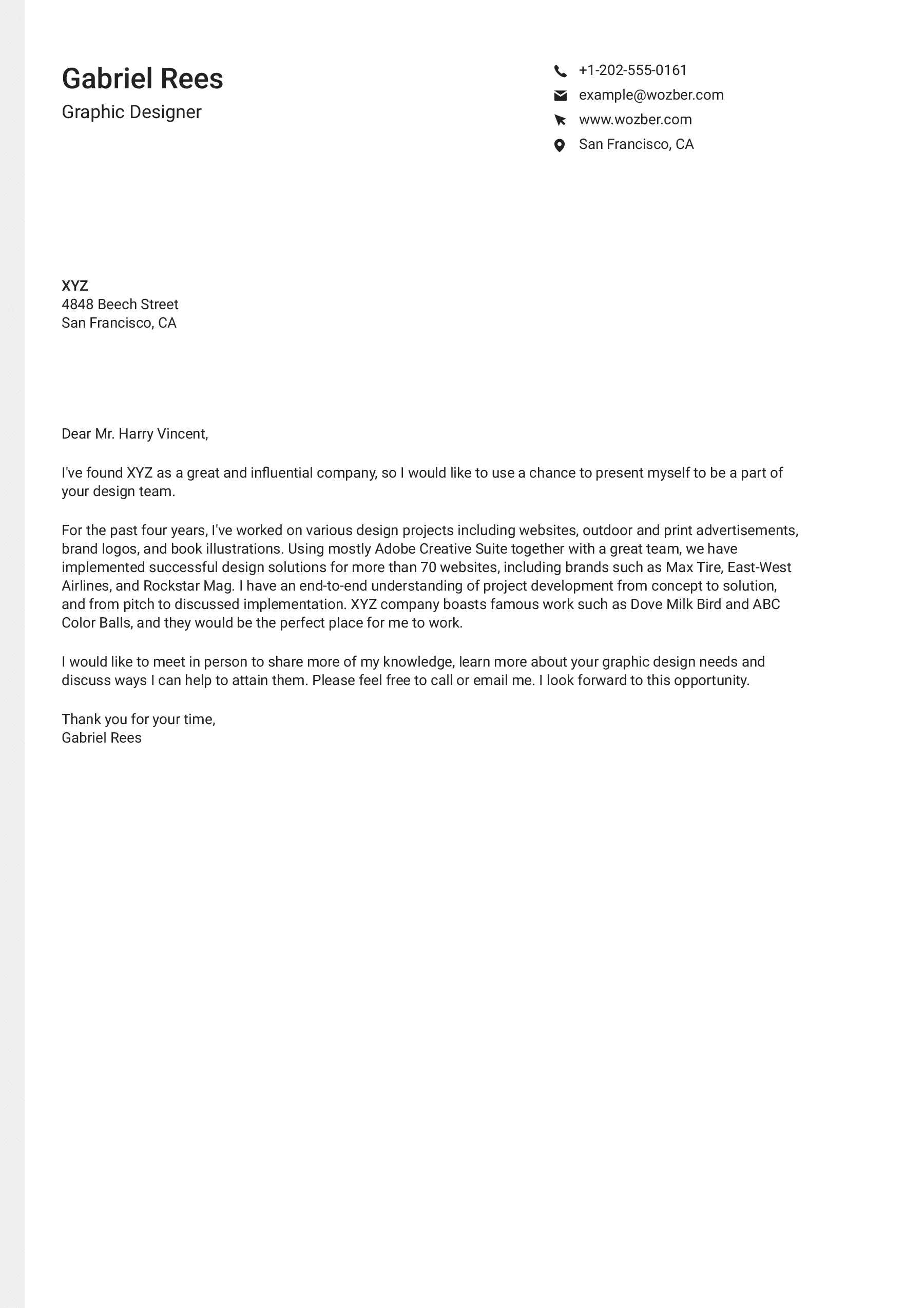What Makes a Cover Letter Great?
A great cover letter is your first chance to make a positive impression on a potential employer. It’s not just a formality; it’s a powerful marketing tool that can set you apart from other applicants. A well-crafted cover letter should highlight your skills, experiences, and qualifications, demonstrating why you’re the perfect fit for the job. It should be tailored to the specific position and company, showcasing your understanding of their needs and your enthusiasm for the opportunity. Most importantly, a great cover letter uses descriptive words strategically to engage the reader and make them want to learn more about you. By carefully selecting the right words, you can paint a compelling picture of your capabilities and increase your chances of landing an interview. This is where “magic words” come in. They aren’t about trickery; they’re about clarity, impact, and making a genuine connection with the hiring manager. Your goal is to provide value, not just repeat what is on your resume but expand on it and give context, a look into your personality and experience.
Why Cover Letter Words Matter
The words you choose in your cover letter significantly impact how your application is perceived. They influence how effectively you communicate your skills, experience, and personality to a potential employer. The right words can create a positive impression, highlighting your strengths and making you appear like a great candidate. Conversely, using the wrong words or phrases can undermine your application, potentially leading to your resume being overlooked. Strong vocabulary enhances your credibility, shows attention to detail, and indicates that you’re a good communicator. The use of descriptive, action-oriented words can turn a simple list of duties into a compelling narrative of achievement. Your cover letter is your chance to showcase your written communication skills, and words are the tools you use to accomplish that goal. It’s not just about what you say, but how you say it that makes the difference. A strategic choice of words will provide a competitive edge. Choosing the right words allows you to be clear and concise, and also helps the hiring manager or recruiter have a better understanding of your value and experience.
Focusing on Achievements not Just Duties
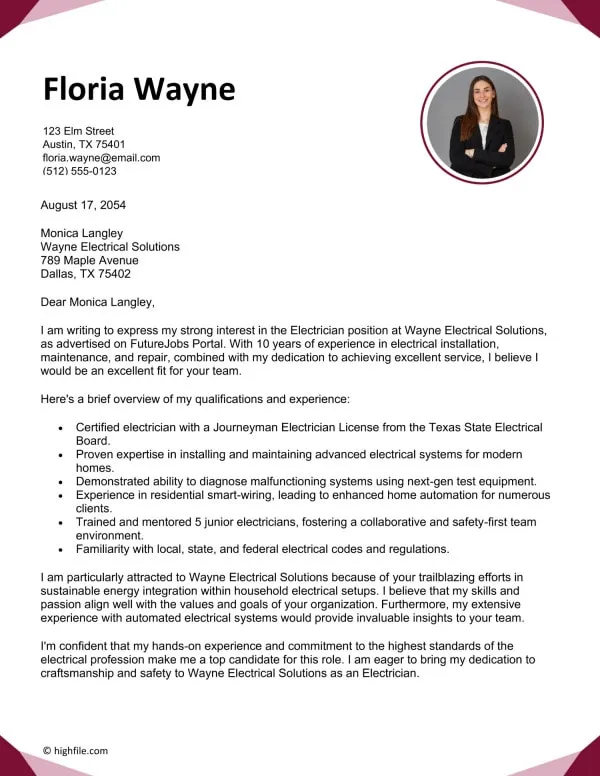
Instead of simply listing your responsibilities, your cover letter should highlight your accomplishments. Focus on what you achieved in previous roles, using specific examples to demonstrate your value. For instance, rather than stating, “Managed social media accounts,” you could say, “Increased social media engagement by 30% through strategic content planning and audience interaction.” This shift from duties to achievements provides tangible evidence of your skills and abilities. Emphasize the results you delivered, such as increased sales, improved customer satisfaction, or successful project completion. This approach proves to the hiring manager that you’re a results-oriented individual who can make a positive impact on their organization. Providing context to your achievements is crucial. Explain the challenges you faced, the strategies you employed, and the outcomes you achieved. This approach gives a better picture of what you are capable of and allows the reader to have a better understanding of your capabilities.
Action Verbs: The Power of Doing
Action verbs are the backbone of a strong cover letter. They bring your accomplishments to life and make your writing more dynamic and engaging. Instead of passive phrases, use action verbs to describe what you did and what you achieved. For example, instead of “Was responsible for,” use “Managed,” “Led,” or “Developed.” Action verbs give a sense of activity, energy, and purpose to your cover letter, capturing the reader’s attention. Action verbs can help provide a vivid picture of the actions you took. When choosing action verbs, select ones that accurately reflect your achievements and the requirements of the job. By using active verbs, you paint a picture of the skills you bring and offer a clear understanding of the value you could bring to the company. By using action verbs, you give the hiring manager a clear picture of your abilities and demonstrate how you approach your work. This will help to give you an edge, and place you at the top of the list when hiring managers and recruiters are making decisions.
Words That Show Enthusiasm and Drive
Expressing your enthusiasm for the position and the company can make a significant impact on your cover letter. Use words that demonstrate your genuine interest and excitement. Instead of saying, “I am interested in this position,” try, “I am excited about the opportunity to contribute to your team.” Showing initiative and a proactive attitude sets you apart from other candidates. Words like “eager,” “motivated,” and “passionate” convey your dedication and commitment. Conveying your enthusiasm is just as important. Researching the company and referencing specific projects or initiatives can demonstrate your interest. For example, if you’re excited about the company’s recent product launch, you can mention it, showing that you’ve done your homework and are truly invested in the role. Hiring managers want to see that you’re genuinely interested in the position and that you will bring a positive attitude to the workplace.
Examples of Strong Action Verbs to Use
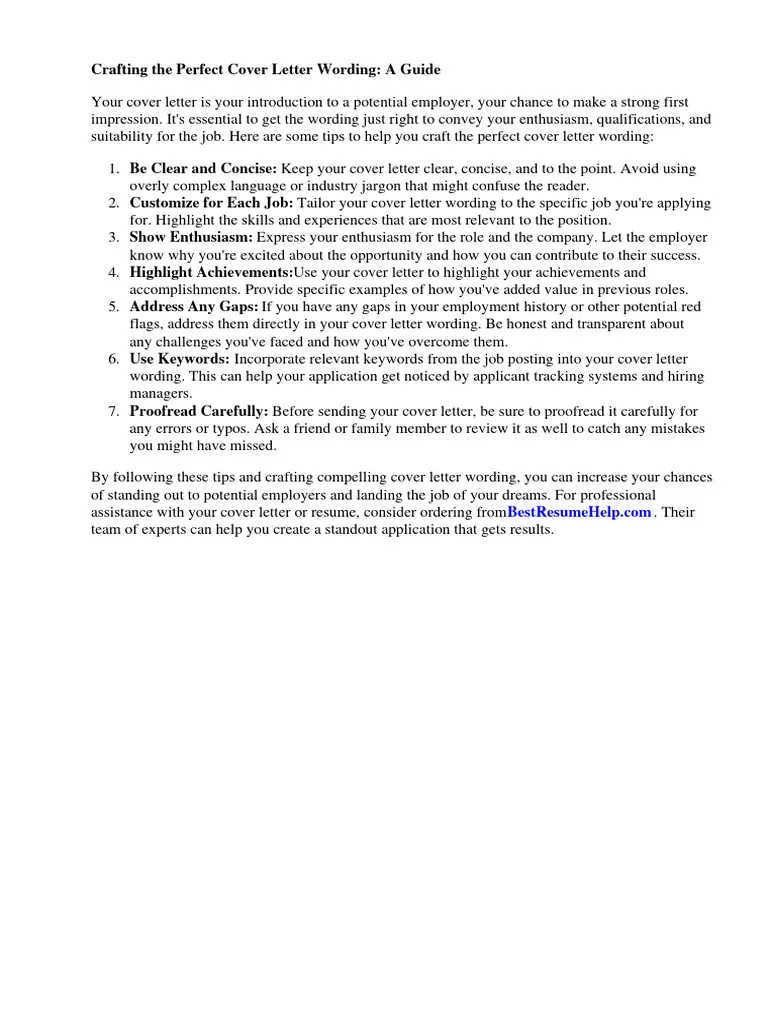
Choosing the right action verbs can significantly enhance your cover letter’s impact. Use a variety of action verbs to demonstrate your range of skills and experiences. Consider verbs that highlight different aspects of your work, such as leadership, problem-solving, and collaboration. Here are some examples of strong action verbs: managed, led, developed, created, implemented, improved, increased, reduced, achieved, designed, analyzed, coordinated, collaborated, communicated, negotiated, researched, trained, and mentored. Varying your word choice throughout the cover letter makes your writing more interesting and prevents repetition. Use these verbs to describe your achievements, not just your responsibilities. Using a wide range of action verbs can also provide a better understanding of your experience and expertise. You can also search for words that can better describe your personality and your work style, this will help you paint a better picture, and help the hiring manager to get a clear idea of who you are.
Quantifiable Results: Prove Your Worth
Whenever possible, quantify your achievements with specific data and metrics. Numbers provide concrete evidence of your impact and make your accomplishments more compelling. Instead of saying, “Improved sales,” say, “Increased sales by 15% within six months.” Quantifiable results help employers understand the value you can bring. Use numbers to showcase your success. Include metrics such as percentages, dollar amounts, or any other relevant data that demonstrates your impact. For example, if you saved the company money, state the exact amount or percentage saved. If you improved customer satisfaction, include the increase in the satisfaction score. The more specific you can be, the more convincing your cover letter becomes. When presenting quantifiable data, make sure to provide context, explaining the impact of your achievements. This will show your capabilities and prove to the hiring manager that you have the required skills.
Highlighting Skills and Abilities
Your cover letter should directly address the skills and abilities required for the job. Carefully review the job description and identify the key skills the employer is looking for. Then, highlight your relevant skills and provide examples of how you’ve used them in the past. Use the same keywords and phrases from the job description to demonstrate that you meet their requirements. This will show the hiring manager that you understand their needs and are a strong fit for the role. Focus on both hard skills (technical skills) and soft skills (interpersonal skills). Provide examples of how you’ve used these skills to achieve results. For instance, if the job requires project management skills, describe a project you managed, the challenges you faced, and the outcomes you achieved. Always emphasize your ability to apply your skills and abilities to the specific requirements of the job. When tailoring the cover letter, mention experiences and skills that the employer specifically mentions, this will showcase your capabilities in the role.
Keywords to Match the Job Description
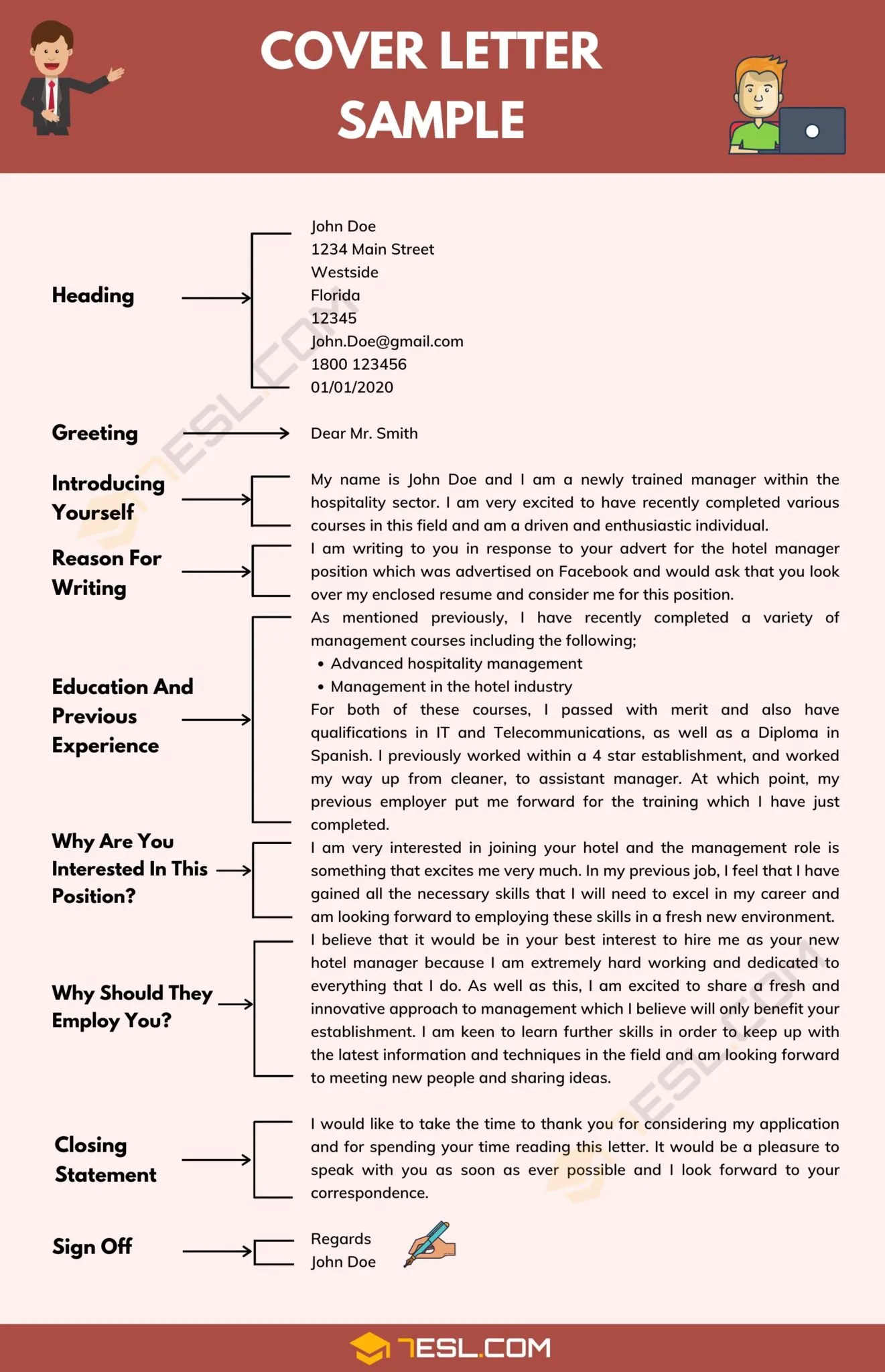
Using keywords strategically in your cover letter can significantly improve your chances of getting noticed. Review the job description carefully and identify the key skills, qualifications, and requirements the employer is looking for. Incorporate these keywords naturally throughout your cover letter. This will help your application pass through applicant tracking systems (ATS) and catch the attention of the hiring manager. Don’t just stuff your cover letter with keywords. Instead, integrate them naturally into your sentences and paragraphs. The goal is to show that you possess the skills and experience the employer is seeking, not to create a keyword-optimized document. Ensure that your use of keywords is relevant and contextual, demonstrating how your skills align with the job requirements. Always use relevant keywords and phrases that emphasize your experience and capabilities, helping to highlight your value and making it easier for the reader to understand your qualifications.
Words of Professionalism and Confidence
The language you use in your cover letter reflects your professionalism and confidence. Use words that project a positive and assured tone. Instead of using hesitant language, such as “I believe” or “I think,” state your qualifications directly. For example, say, “I am proficient in…” or “I have extensive experience in…” Use a formal and respectful tone. Avoid slang, jargon, and overly casual language. Maintain a clear and concise writing style, ensuring that your message is easy to understand. Proofread your cover letter carefully to eliminate any errors in grammar, spelling, and punctuation. This attention to detail will show your professionalism and increase your chances of getting the job. Remember to be polite and show respect for the reader, as this will help you make a good impression and demonstrate your expertise.
Avoid Overused Clichés
Clichés can make your cover letter sound generic and unoriginal. Avoid phrases that are overused and don’t offer any real value. Examples of clichés include “hard worker,” “team player,” and “results-oriented.” These phrases are often vague and don’t provide any specific information about your skills or accomplishments. Replace clichés with specific examples that demonstrate your skills and experience. For example, instead of saying, “I am a team player,” describe a time you successfully collaborated with a team to achieve a goal. Show, don’t tell. The more specific and detailed you are, the more compelling your cover letter will be. Try to use original and fresh language that will make the reader engage more. A good cover letter will set you apart from the rest of the candidates, so make sure to have the right language and the best possible vocabulary.
Keeping it Concise and Engaging
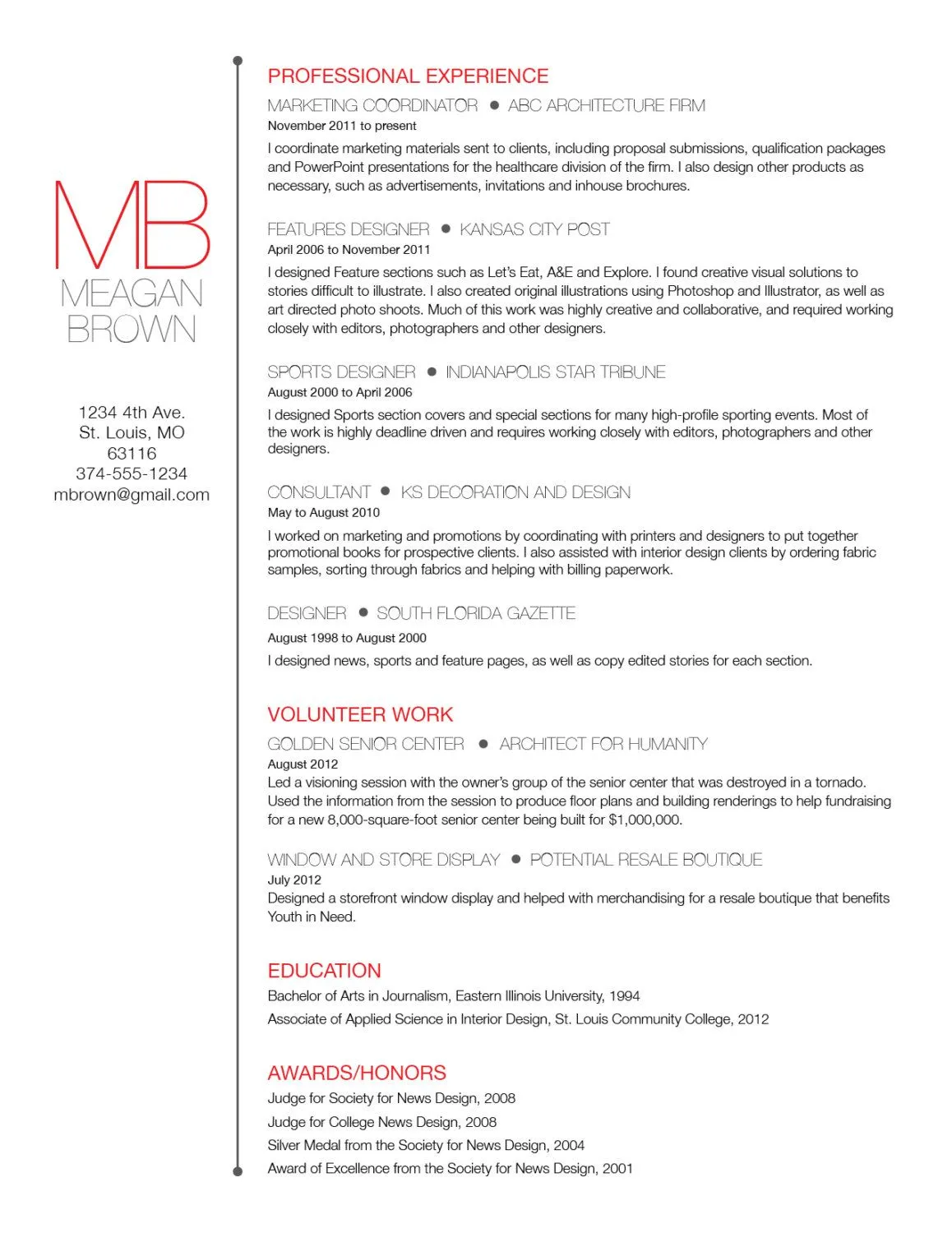
Hiring managers are busy, so it’s essential to keep your cover letter concise and engaging. Aim for a cover letter that is one page long. Every word should serve a purpose and contribute to your overall message. Use clear and concise language. Avoid lengthy sentences and paragraphs. Make sure that you get straight to the point. Begin with a strong opening statement that captures the reader’s attention. In the body of your letter, focus on your key qualifications and achievements. Use a compelling narrative to showcase your skills and experience. Maintain a positive and enthusiastic tone throughout your letter. Always proofread for any errors in the content before you submit it. The better the quality of your cover letter, the better impression you will create, and the higher your chances of getting the job.
Formatting for Impact
The appearance of your cover letter is just as important as its content. Proper formatting can make your letter easier to read and more visually appealing. Use a professional font, such as Times New Roman, Arial, or Calibri. Make sure the font size is 11 or 12 points for easy readability. Use consistent formatting throughout your letter, including headings, paragraphs, and bullet points. Use a clear and organized structure, with well-defined sections that highlight your key qualifications and experiences. Pay attention to spacing and margins. Use 1-inch margins on all sides of your document. Use proper grammar and spelling. Proofread your cover letter carefully. Consider the overall layout of the document to enhance its appeal. A well-formatted cover letter will show your attention to detail and make a good impression on the reader.
Tailoring Your Letter
A generic cover letter won’t impress potential employers. You need to tailor your letter to each job you apply for. Research the company and the specific role. Understand the company’s culture, values, and goals. Then, tailor your letter to highlight the skills, experiences, and qualifications that align with the job description. Refer to specific requirements and explain how your experience makes you a good fit. Use the same keywords and phrases from the job description. Customize your letter to show the hiring manager that you have put effort and thought into your application. When tailoring your cover letter, show a genuine interest in the company and the position. Mention how you can contribute to their success. This personalization shows that you are serious about the opportunity and that you have what it takes to be a valuable member of their team.
Proofreading and Editing
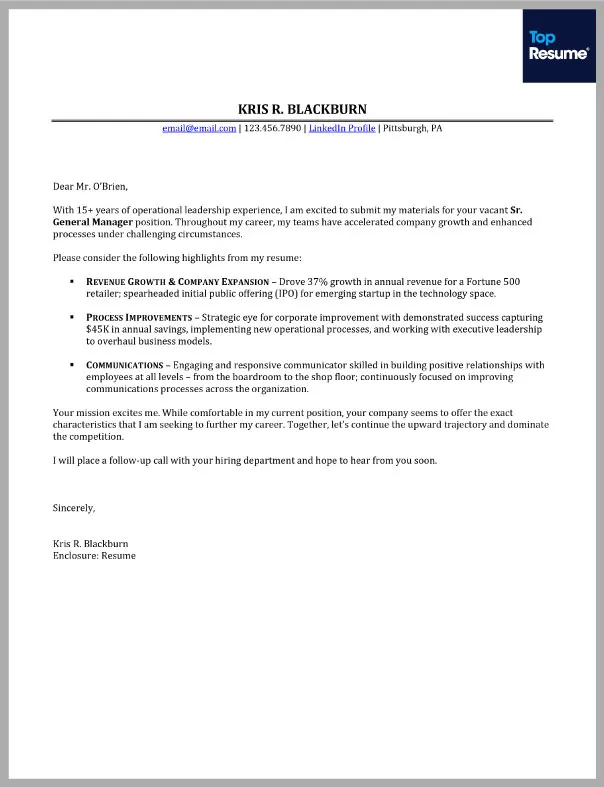
Proofreading and editing your cover letter is a crucial step in the application process. Errors in grammar, spelling, and punctuation can undermine your credibility and give the impression that you lack attention to detail. Always proofread your cover letter carefully. Read it multiple times, looking for any mistakes. Ask someone else to review your letter for you. Another pair of eyes can often catch errors you may have missed. Pay special attention to the accuracy of your contact information, the company’s name, and the job title. Correct any errors you find. Your cover letter is your first chance to make a positive impression, so make sure it is free from errors. Proofreading your cover letter ensures that it’s polished, professional, and reflects your attention to detail.
